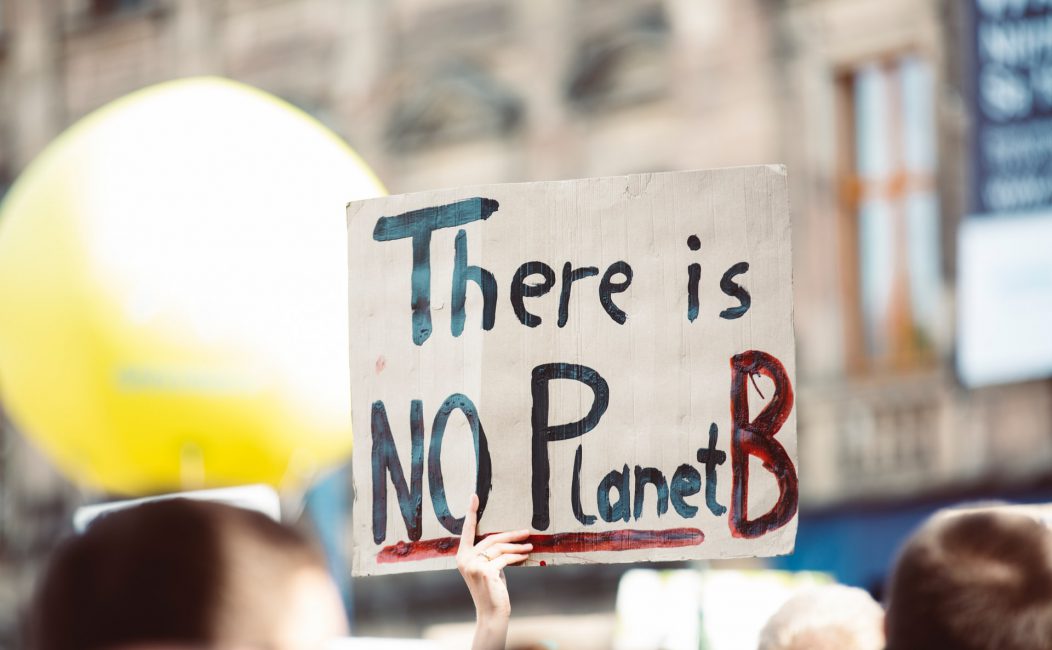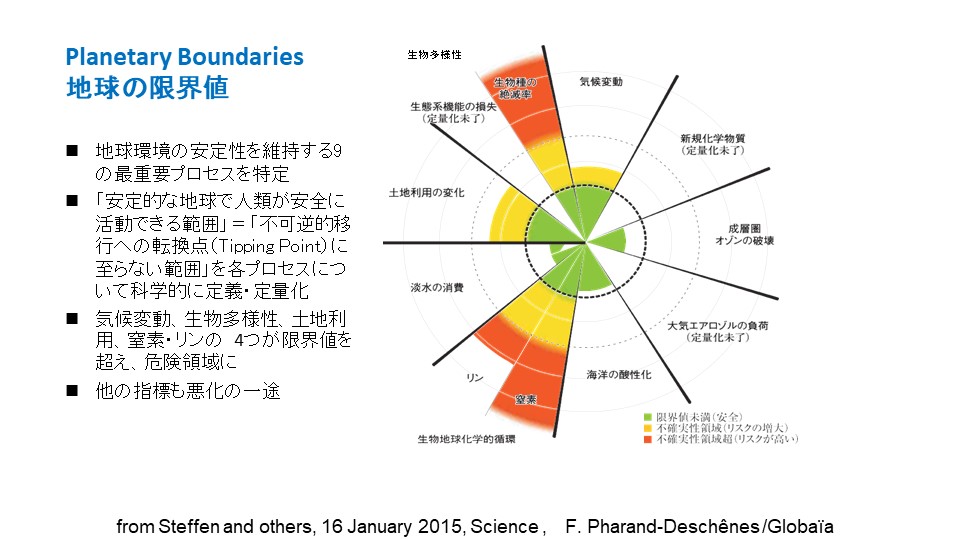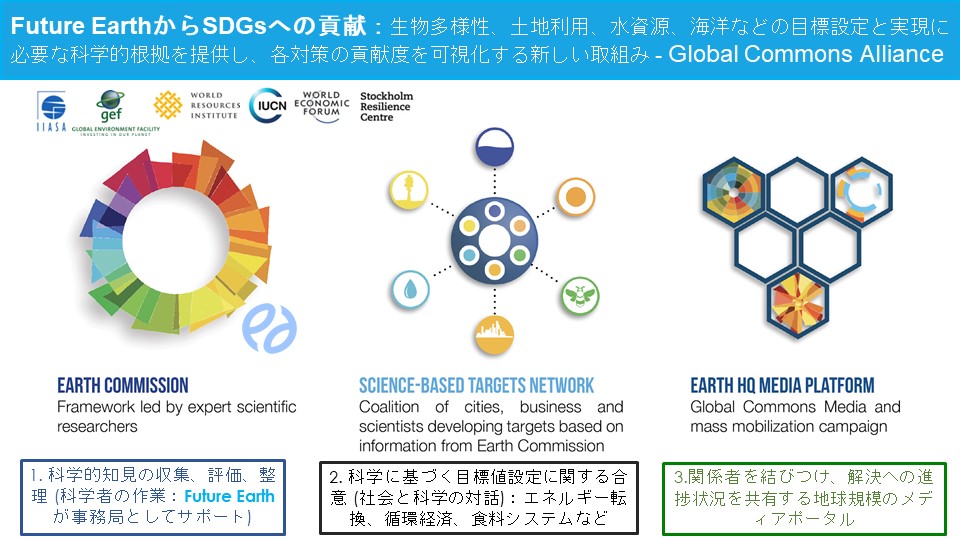【Event Summary】Climate Emergency Network Launch Event

A launch event celebrating the establishment of the Climate Emergency Network (CEN) was held in Tokyo on 18 November 2020. CEN was established with the aim to support the transformation toward an inclusive and just carbon neutral (net zero emissions of greenhouse gases) society, against the backdrop of the urgent global climate crisis and increasing climate emergency declarations around the world. Within Japan, 35 municipalities have declared a climate emergency, and 148 have declared the goal of achieving net zero greenhouse gas emissions by 2050 (as of June 2020). CEN was founded by Ryoichi Yamamoto, Emeritus Professor of the University of Tokyo, and Yusuke Saraya of ZERI Japan and Saraya Co. Ltd. The list of other founders include participants from a diverse range of sectors including academia, business, government, and civil society. Fumiko Kasuga, Global Hub Directory of Future Earth Japan Hub is also one of the founders of this network.
At the launch event, a variety of guests and experts made congratulatory remarks or presentations. Both Yuriko Koike, Governor of Tokyo and Shinjiro Koizumi, Minister of the Environment made congratulatory speeches. (Launch Event Program [Japanese])
Kasuga made the second presentation following Junko Edahiro of the Institute for Studies in Happiness, Economy and Society. Her presentation was titled, “Preventing the Collapse of Sustainability brought about by the Multiplying Climate Crisis”, and began with the introduction of extreme natural disasters that have become prevalent in Japan recently. She then explained that global CO2 emissions have dropped drastically and temporarily due to the halt in socio-economic activities with the spread of COVID-19, however that this decrease is estimated to have had almost no effect on the CO2 concentration in the atmosphere. She then presented the “Urgent Statement by the President of Science Council of Japan on Climate Change and Call for Action”, which was released last year by the Science Council of Japan, the national academic society whose committees include those with Future Earth-related experts. Kasuga emphasized the key messages of the President’s Statement, which reemphasized that the situation of climate change is an imminent crisis, that not only climate change but also ecosystems (biodiversity) are in a critical state, and that it is important to find a pathway to simultaneously solve the issues of achieving zero emissions and maintaining our biosphere (ecosystems). To achieve this, she explained that we must transform society, including our values.
The COVID crisis is strongly interrelated to environmental changes, and is caused by factors such as land-use change, wildlife trade, and globalisation/rapid movement of people. It comes under the concept of Planetary Health, which points out the relationship between sustainability and health issues. In addition, the concept of planetary boundaries identifies 9 important processes to maintain the stability of the planet, and researchers have reported that 4 of the processes which are climate change, biodiversity, land use, and nitrogen/phosphorus have surpassed safe boundaries and reached increasing risk or high risk zones. In order to ensure that we do not surpass these boundaries, we need to urgently undertake the achievement of global-level goals such as the Sustainable Development Goals (SDGs), but we also need scientific evidence to understand and explain the current situation and set concrete targets. Furthermore, in order to accumulate this knowledge, we can not rely on a single scientific field but rather collaborate across academic sectors, especially connecting humanities, social sciences, and natural sciences.

Future Earth is carrying out a variety of activities to gather scientific knowledge that transcends academic disciplines. For example, within the framework of the Global Commons Alliance which gathers renown researchers across the world, we host the Earth Commission, and are gathering a wide range of cross-sectoral research data to establish targets in areas such as biodiversity, land-use, water resources, and oceans. The latest scientific evidence gathered by researchers for each environmental issue will be used to establish specific science-based targets in cities and businesses. In addition, a media portal will be established to share information and for stakeholders to collaborate further. In addition, we release “10 New Insights in Climate Science” every year at the UN Climate Change Conference COPs, which digests the main outcomes of that year’s latest climate research. An Exponential Climate Action Roadmap report was also developed with key partners to indicate in detail which sectors of society can contribute to the Paris Treaty’s CO2 reduction target by when and by how much. Through these kinds of activities, Future Earth is looking for a path to solve the climate crisis in dialogue with stakeholders.

In parallel to the establishment of CEN and Future Earth’s activities, actions related to the climate emergency are accelerating in Japan. The National Diet of Japan adopted the “Resolution to Declare a Climate Emergency” on 19 November in the lower house, and 20 November in the upper house. The resolution states that natural disasters that are caused by global warming such as heat waves, forest fires, floods and hurricanes are occurring frequently, and that countries’ pledged green house gas emission reduction targets are insufficient to meet the Paris Treaty goals. With those points in the background, the resolution recognizes that regarding the issue of global warming, we have surpassed the stage of climate change and are now facing a climate crisis. In order to overcome the climate crisis, it declares that Japan will urgently undertake the task to realize a decarbonized society, and to fundamentally restructure and undertake socio-economic activities toward that goal.
As recognition of the climate crisis is increasing globally, Future Earth will continue to contribute towards solving the climate crisis through gathering and disseminating scientific knowledge and taking concrete action with societal partners.